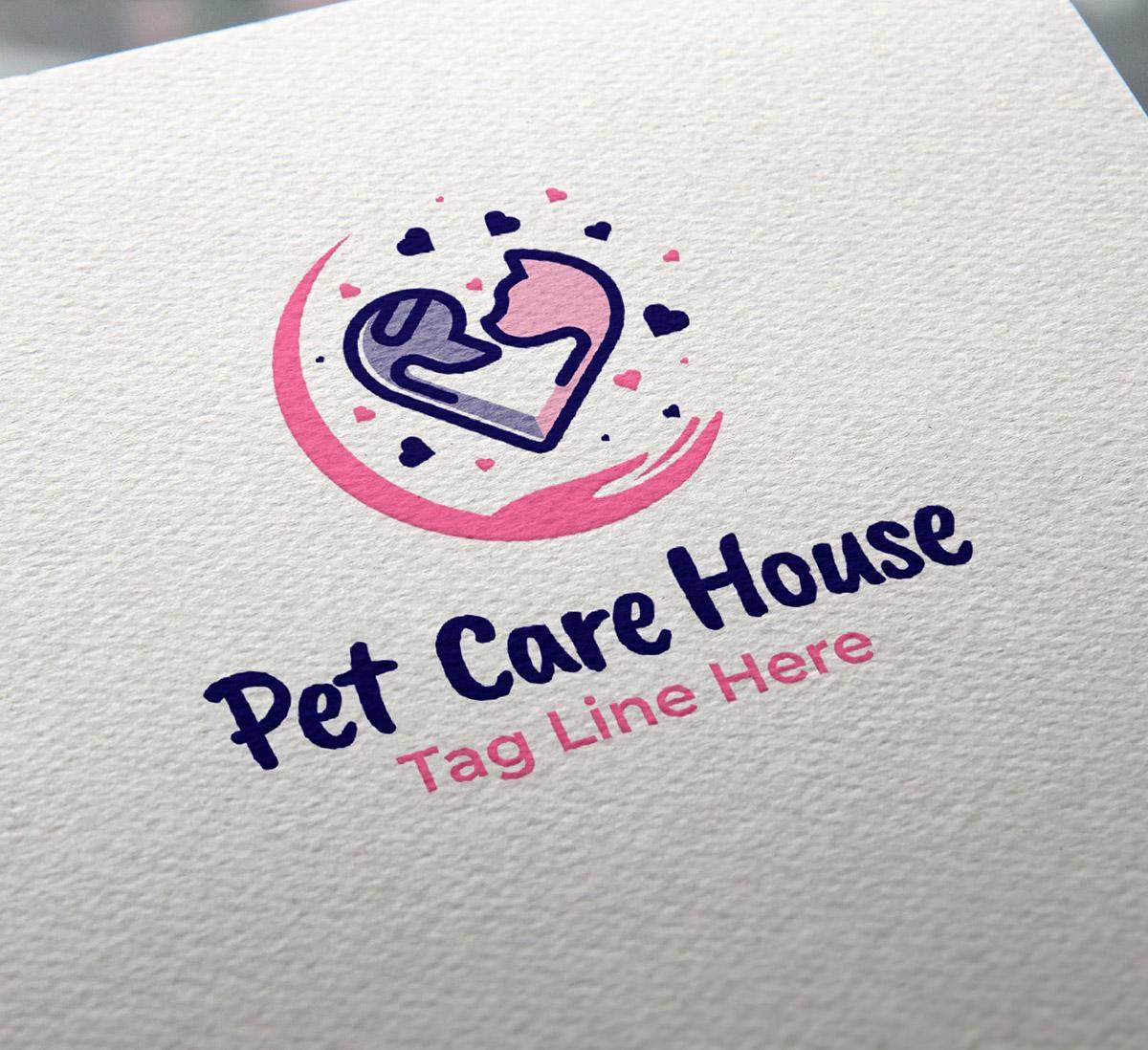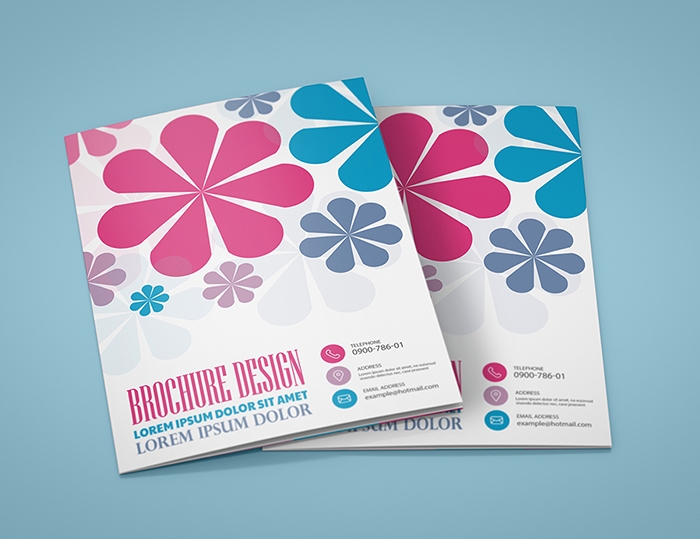Business Blog Website

One response to “Business Blog Website”
Leave a Reply
More free Designs to download
Colorful Business Flyer Design
DowasnloadEvent Logo Design Free download
DowasnloadPet Care House Logo Design Free Download
DowasnloadClients Information Flyer Design
DowasnloadSuper Delicious Food Menu Post Design
DowasnloadSuper Delicious Burger Post Design Free Download
DowasnloadYellow and Black customized business cards
DowasnloadBlue rounded Shape Business card templates
DowasnloadShawarma Post Design Template Free Download
Dowasnload25th December Quad E Azam Day Luxury Post Design
DowasnloadBeauty flyer Design
DowasnloadFashion business card design
DowasnloadFree for more insights
Creating A Business Blog Website: A Comprehensive Guide For Success
Introduction:
In Today’s Digital Age, Having A Business Blog Is An Essential Component Of Any Company’s Online Presence. A Well-Executed Business Blog Can Serve As A Powerful Tool For Building Brand Awareness, Establishing Thought Leadership, And Engaging With Customers And Prospects. In This Guide, We’ll Explore The Essential Steps And Considerations For Creating A Successful Business Blog Website That Drives Traffic, Generates Leads, And Adds Value To Your Target Audience.

Define Your Blog’s Purpose And Audience:
Before Diving Into The Technical Aspects Of Building Your Business Blog Website, It’s Crucial To Define Its Purpose And Identify Your Target Audience. Ask Yourself The Following Questions:
What Are The Primary Goals Of Your Business Blog? Is It To Educate, Inform, Entertain, Or Inspire Your Audience?
Who Is Your Target Audience? What Are Their Demographics, Interests, And Pain Points?
How Will Your Blog Content Align With Your Overall Business Objectives And Marketing Strategy?
Understanding Your Blog’s Purpose And Audience Will Help Shape Your Content Strategy, Tone Of Voice, And Overall Approach To Building And Growing Your Business Blog.
Choose A Domain Name And Hosting Provider:
Selecting A Domain Name That Reflects Your Brand And Is Easy To Remember Is A Critical First Step. Ideally, Your Domain Name Should Be Relevant To Your Business And Resonate With Your Target Audience.
Once You’ve Chosen A Domain Name, You’ll Need To Select A Reliable Hosting Provider To Host Your Website. Consider Factors Such As Uptime, Speed, Security Features, Customer Support, And Scalability When Choosing A Hosting Provider.
Select A Content Management System (CMS):
A Content Management System (CMS) Makes It Easy To Create, Manage, And Publish Content On Your Business Blog. WordPress Is The Most Popular CMS, Known For Its Flexibility, User-Friendly Interface, And Extensive Library Of Themes And Plugins.
Install WordPress On Your Hosting Provider And Explore Different Themes And Customization Options To Find A Design That Reflects Your Brand Identity And Resonates With Your Target Audience.
Design Your Business Blog Website:
When Designing Your Business Blog Website, Focus On Creating A Clean, Professional, And User-Friendly Interface. Here Are Some Design Considerations:
Choose A Responsive Design That Looks Great On All Devices, Including Desktops, Tablets, And Smartphones.
Use A Clean And Uncluttered Layout That Makes It Easy For Visitors To Navigate Your Website And Find The Information They’re Looking For.
Incorporate Your Brand Colors, Logo, And Visual Elements To Create A Cohesive And Memorable Brand Experience.
Ensure That Your Website Loads Quickly And Is Optimized For Search Engines To Improve Visibility And User Experience.
Develop A Content Strategy:
The Success Of Your Business Blog Hinges On The Quality And Relevance Of Your Content. Develop A Content Strategy That Addresses The Needs, Interests, And Pain Points Of Your Target Audience. Consider The Following Types Of Content:
Educational Articles And Tutorials That Provide Valuable Insights And Solutions To Your Audience’s Challenges.
Thought Leadership Pieces That Showcase Your Expertise, Industry Knowledge, And Unique Perspective.
Case Studies, Success Stories, And Testimonials That Demonstrate The Effectiveness Of Your Products Or Services.
News, Trends, And Updates Related To Your Industry Or Niche That Keep Your Audience Informed And Engaged.
Consistency Is Key When It Comes To Publishing Content. Develop An Editorial Calendar And Stick To A Regular Posting Schedule To Keep Your Audience Engaged And Coming Back For More.
Optimize For Search Engines (SEO):
Optimizing Your Business Blog For Search Engines Is Essential For Improving Visibility And Driving Organic Traffic To Your Website. Here Are Some SEO Best Practices To Consider:
Conduct Keyword Research To Identify Relevant Keywords And Topics Related To Your Business And Target Audience.
Optimize Your Blog Posts And Website Content With Targeted Keywords, Meta Titles, Descriptions, And Headings.
Create High-Quality, Original, And Engaging Content That Addresses Your Audience’s Needs And Provides Value.
Build Internal Links Between Related Blog Posts And Pages To Improve Navigation And Search Engine Crawlability.
Regularly Monitor Your Website’s Performance Using Tools Like Google Analytics And Google Search Console, And Make Adjustments To Your SEO Strategy As Needed.
Promote Your Blog Content:
Creating Great Content Is Only Half The Battle; You Also Need To Promote It Effectively To Reach Your Target Audience. Here Are Some Strategies To Consider:
Share Your Blog Posts On Social Media Platforms Like Facebook, Twitter, Linkedin, And Instagram To Increase Visibility And Engagement.
Leverage Email Marketing To Promote Your Blog Content To Your Subscribers And Nurture Relationships With Your Audience.
Collaborate With Influencers, Industry Experts, And Other Bloggers To Expand Your Reach And Tap Into New Audiences.
Participate In Online Communities, Forums, And Groups Related To Your Industry Or Niche And Share Your Expertise And Insights.
Consistent Promotion And Distribution Of Your Blog Content Will Help Drive Traffic, Increase Engagement, And Grow Your Audience Over Time.
Measure And Analyze Performance:
Tracking Key Metrics And Analyzing Performance Data Is Essential For Understanding How Well Your Business Blog Is Performing And Identifying Areas For Improvement. Some Important Metrics To Track Include:
Website Traffic: Monitor The Number Of Visitors, Page Views, And Unique Visitors To Your Blog Over Time.
Engagement Metrics: Track Metrics Such As Time Spent On Page, Bounce Rate, And Social Shares To Gauge The Level Of Engagement With Your Content.
Conversion Rate: Measure The Percentage Of Visitors Who Take A Desired Action, Such As Signing Up For Your Newsletter, Downloading A Resource, Or Making A Purchase.
Keyword Rankings: Monitor Your Website’s Rankings For Target Keywords And Track Changes In Search Engine Visibility Over Time.
Use The Insights Gleaned From Your Performance Data To Refine Your Content Strategy, Optimize Your Website, And Enhance The Overall Effectiveness Of Your Business Blog.
Conclusion:
Building A Successful Business Blog Website Requires Careful Planning, Thoughtful Execution, And Ongoing Optimization. By Defining Your Blog’s Purpose, Selecting The Right Platform, Designing A User-Friendly Interface, Developing A Compelling Content Strategy, And Leveraging SEO And Promotion Strategies, You Can Create A Valuable Resource That Engages Your Audience, Drives Traffic, And Supports Your Business Goals.
Remember To Stay Flexible And Open To Experimentation As You Navigate The World Of Business Blogging. Continuously Monitor Performance, Gather Feedback From Your Audience, And Adapt Your Approach Based On Evolving Trends And Insights. With Dedication, Creativity, And Strategic Thinking, Your Business Blog Has The Potential To Become A Powerful Asset That Strengthens Your Brand, Builds Customer Loyalty, And Drives Business Growth.
X













this template is nice and creative keep it work